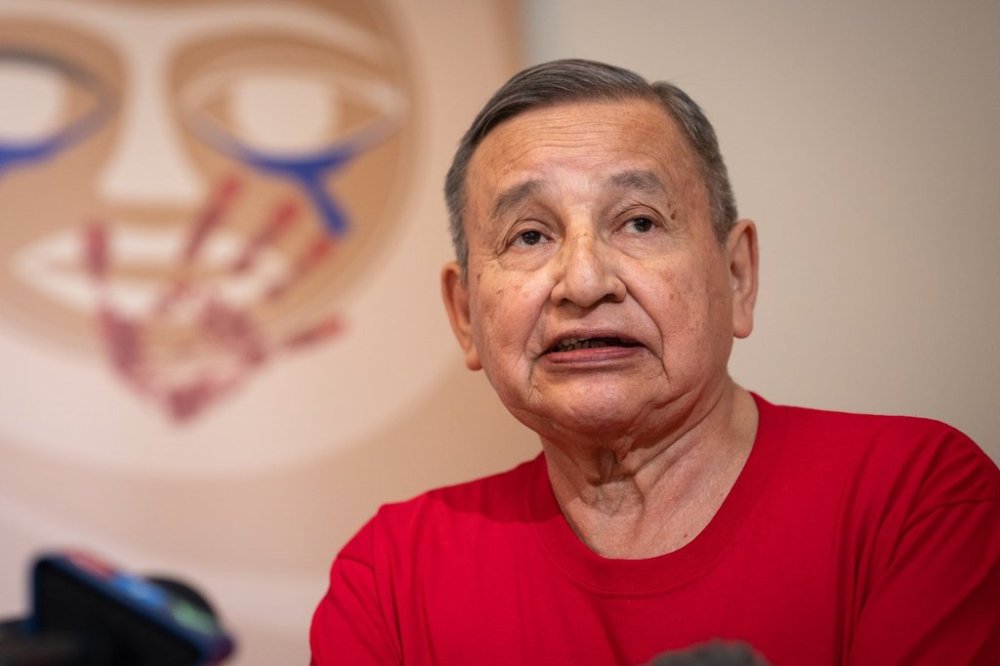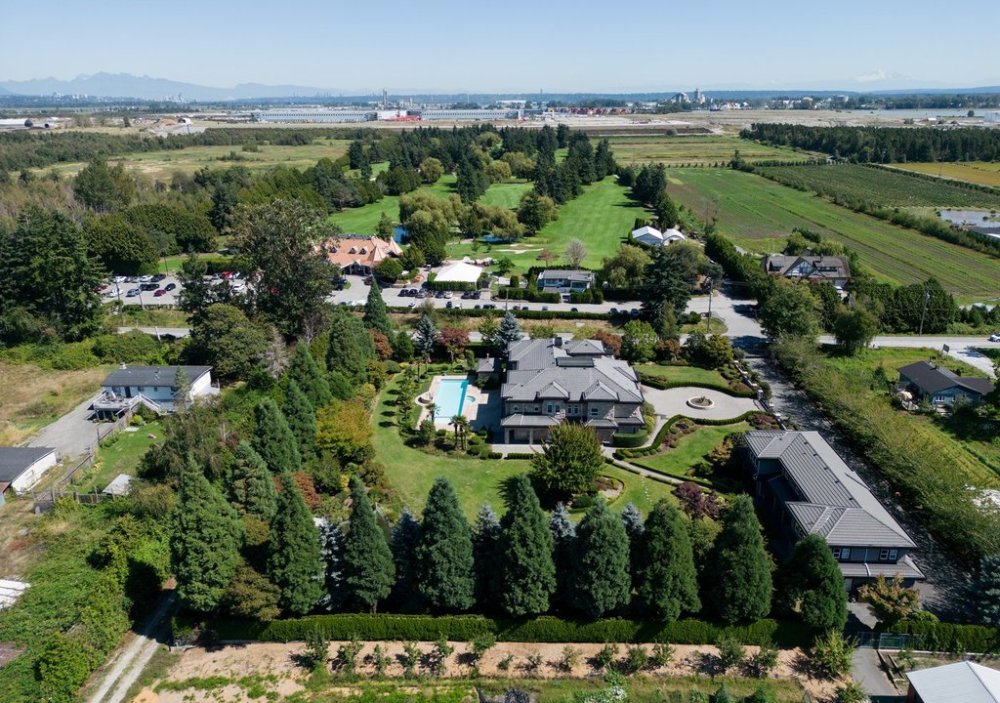B.C. chiefs say Cowichan title ruling ‘monumental,’ not meant to threaten homeowners
Advertisement
Read this article for free:
or
Already have an account? Log in here »
To continue reading, please subscribe:
Monthly Digital Subscription
$0 for the first 4 weeks*
- Enjoy unlimited reading on winnipegfreepress.com
- Read the E-Edition, our digital replica newspaper
- Access News Break, our award-winning app
- Play interactive puzzles
*No charge for 4 weeks then price increases to the regular rate of $19.95 plus GST every four weeks. Offer available to new and qualified returning subscribers only. Cancel any time.
Monthly Digital Subscription
$4.99/week*
- Enjoy unlimited reading on winnipegfreepress.com
- Read the E-Edition, our digital replica newspaper
- Access News Break, our award-winning app
- Play interactive puzzles
*Billed as $19.95 plus GST every four weeks. Cancel any time.
To continue reading, please subscribe:
Add Free Press access to your Brandon Sun subscription for only an additional
$1 for the first 4 weeks*
*Your next subscription payment will increase by $1.00 and you will be charged $16.99 plus GST for four weeks. After four weeks, your payment will increase to $23.99 plus GST every four weeks.
Read unlimited articles for free today:
or
Already have an account? Log in here »
VANCOUVER – The Union of British Columbia Indian Chiefs is calling a recent court decision on Aboriginal title on land along the Fraser River a “monumental” development, but says the case isn’t about threatening private home ownership.
The organization says this month’s decision confirming the Cowichan Tribes’ Aboriginal title over land and fishing rights in Richmond, B.C., “reaffirms and strengthens” the recognition of such title in the province.
But vice-president Chief Don Tom says in a statement the case is “not about seizing private homes or threatening homeowners,” and framing the court decision that way is unfair scapegoating of First Nations.

The B.C. Supreme Court decision says the Cowichan established title to a portion of land and river foreshore, with titles held by Canada and the City of Richmond deemed “defective and invalid.”
The case was opposed by parties including the Musqueam First Nation and the B.C. provincial government, which has said it will appeal the ruling that could have “significant unintended consequences” over private property rights.
Union of British Columbia Indian Chiefs president Grand Chief Stewart Phillip said in Friday’s statement that the province should avoid delaying or denying reconciliation by not “respecting what the courts have already confirmed.”
“The Crown has seen this coming for decades yet continues to delay and deflect,” Phillips said. “By failing to negotiate in good faith, and by choosing litigation over reconciliation, the Crown creates confusion, fuels public fear, and deepens divisions.”
The ruling said the province had a duty to negotiate the reconciliation of private ownership with the Cowichan’s Aboriginal title. The Aboriginal title area includes a stretch of semi-rural land on No. 6 Road in Richmond that is home to blueberry farms, multimillion-dollar mansions and an 18-hole golf course.
“Cowichan is not seeking to invalidate interests held by private landowners,” Tom said on Friday.

“First Nations have long warned that if governments refused to recognize and implement Aboriginal title in a principled manner through negotiations, these questions would inevitably end up in the courts.
“Framing this decision as a threat to private property stokes fear and unfairly scapegoats First Nations … We all know that when negotiations break down with the Crown, Nations are left with few pathways to pursue justice.”
This report by The Canadian Press was first published Aug. 22, 2025.


